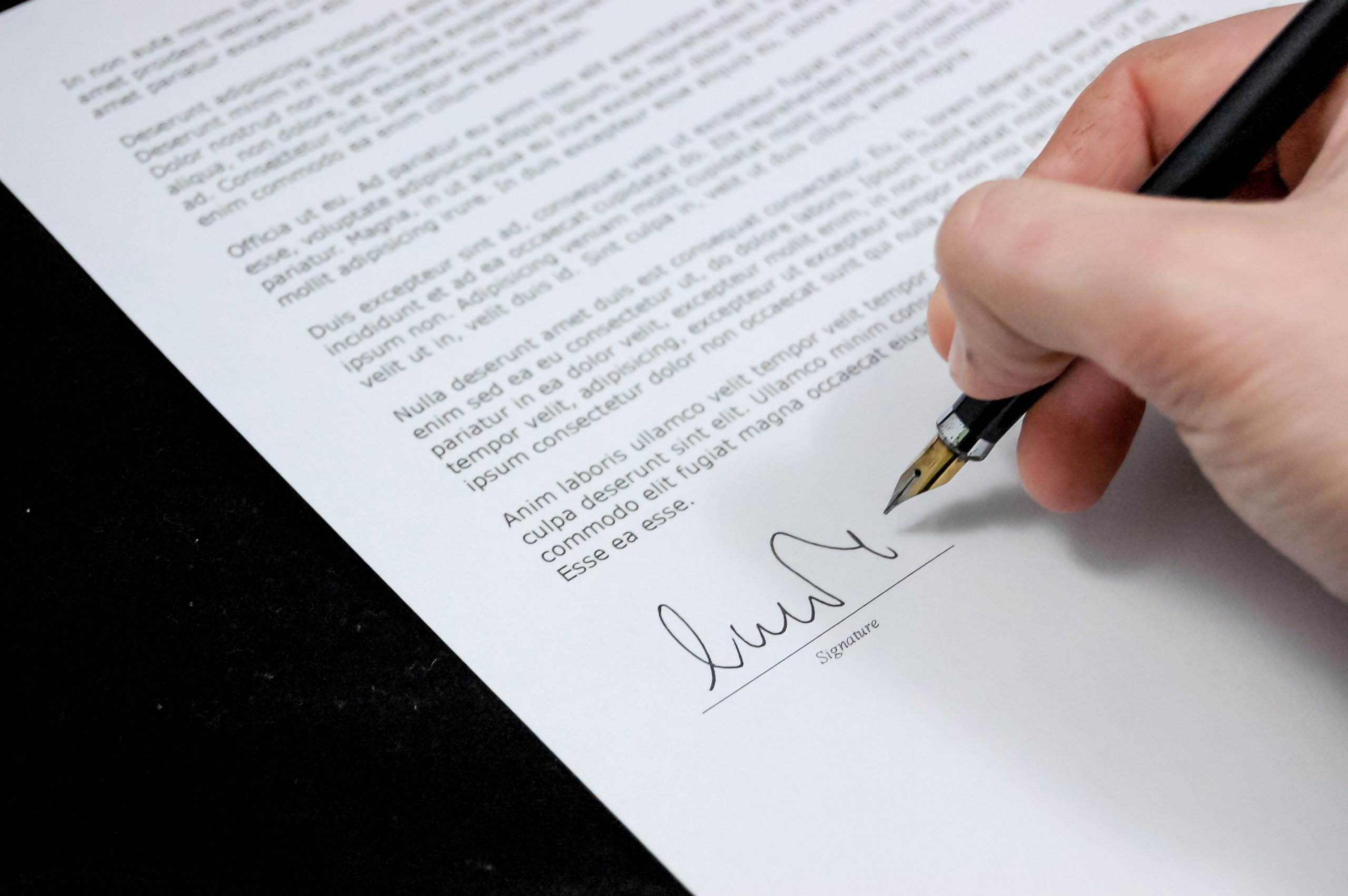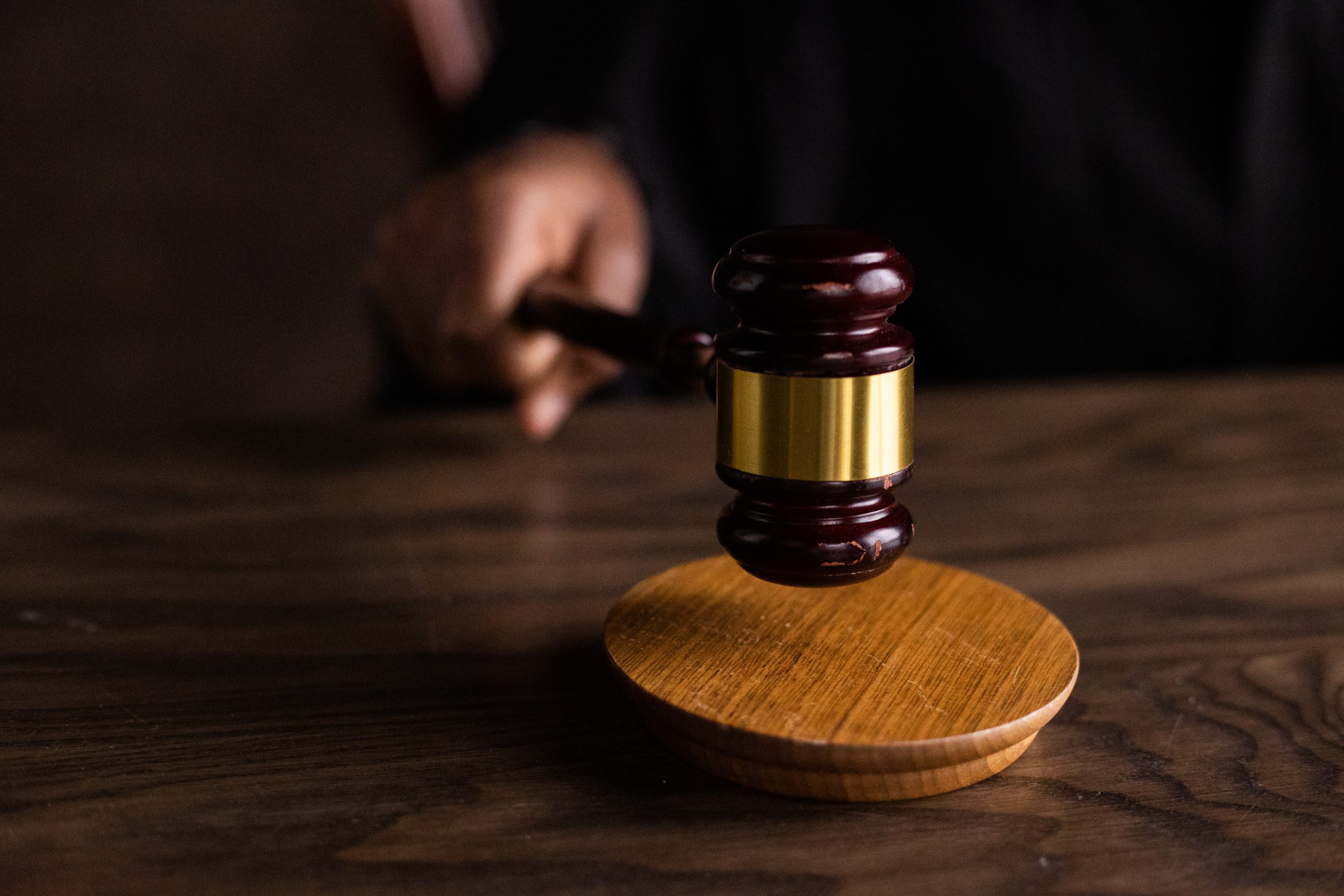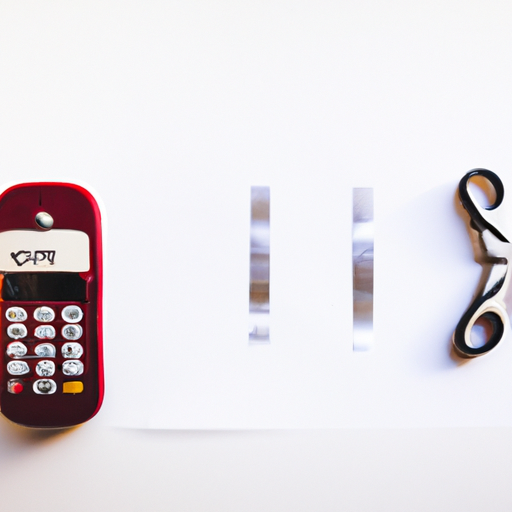Product liability can be a significant concern for businesses, especially those offering products to the public. The potential legal risks associated with product liability can be daunting, but there are steps that can be taken to mitigate these risks. In this article, we will explore the strategies and best practices that businesses can employ to minimize their exposure to product liability claims. With a focus on attracting companies and high net worth individuals, this content aims to provide valuable information that will persuade the reader to seek the expertise of a business attorney, ensuring their legal needs in this area are met effectively.

Understanding Product Liability
Product liability refers to the legal responsibility of manufacturers and sellers for any harm or damage caused by their products to consumers or users. When a product is defective or dangerous, it can lead to injuries, property damage, or even death. As a business owner, it is essential to understand product liability and the potential risks it poses to your company.
Definition and Scope of Product Liability
Product liability encompasses the legal principles and regulations governing the liability of manufacturers, distributors, suppliers, and retailers for defective products. It holds them accountable for the injuries or damages caused by their products. The scope of product liability extends to a wide range of industries, including consumer goods, pharmaceuticals, automobiles, and medical devices.
Types of Product Liability Claims
There are three main types of product liability claims that can arise from defective products:
-
Design Defects: A design defect occurs when a flaw in the product’s design makes it inherently dangerous or unusable, even if it is manufactured and marketed correctly. Design defects can affect the entire line of products, posing a substantial risk to consumers.
-
Manufacturing Defects: Manufacturing defects occur during the production or assembly process, leading to a product that deviates from its intended design. These defects can be attributed to errors in manufacturing, quality control failures, or the use of faulty components.
-
Marketing Defects: Marketing defects refer to failures in adequately warning consumers about potential risks associated with a product or providing clear instructions for its proper use. This includes inadequate labeling, insufficient safety warnings, and inadequate instructions for use.
Factors Contributing to Product Liability
Understanding the factors that contribute to product liability is crucial for businesses aiming to mitigate legal risks effectively.
Design Defects
Design defects can arise from various factors, such as inadequate research and development, lack of thorough testing, or inadequately considering user safety during the design phase. Identifying potential design flaws and rectifying them before bringing a product to market is crucial to prevent design defect claims.
Manufacturing Defects
Manufacturing defects often occur due to errors in the production process, such as faulty machinery, substandard manufacturing techniques, or low-quality materials. Implementing quality control measures can help businesses identify and rectify manufacturing defects before products reach consumers.
Marketing Defects
Marketing defects occur when manufacturers fail to provide adequate warnings, instructions, or safety information about their products. It is essential for businesses to ensure their marketing materials accurately represent the product’s potential risks and provide clear instructions for safe use.
Legal Obligations of Manufacturers
Manufacturers have various legal obligations when it comes to product liability. Understanding these obligations is crucial to ensure compliance and minimize legal risks.
Strict Liability
Strict liability is a legal principle that holds manufacturers liable for injuries or damages caused by their products, regardless of fault or negligence. In strict liability cases, the injured party does not need to prove negligence on the part of the manufacturer. Instead, they must demonstrate that the product was defective and caused harm.
Negligence
Negligence claims arise when manufacturers fail to exercise reasonable care in the design, manufacture, or marketing of their products. To establish a negligence claim, the injured party must prove that the manufacturer breached its duty of care and that the breach directly caused their injuries or damages.
Breach of Warranty
A breach of warranty occurs when a manufacturer fails to fulfill the promises or guarantees made about a product’s quality, performance, or safety. This can include both express warranties (explicitly stated by the manufacturer) and implied warranties (automatically provided by law).
Mitigating Product Liability Risks
To mitigate product liability risks, businesses should implement proactive measures to ensure product safety and minimize the potential for legal claims.
Implementing Quality Control Measures
Implementing effective quality control measures throughout the entire production process is essential for identifying and rectifying defects before products reach the market. This includes regular inspections, testing, and monitoring to maintain high standards of quality and safety.
Conducting Thorough Testing and Inspections
Thorough testing and inspections are vital to identify any potential defects or hazards in products. This includes rigorous product testing, safety evaluations, and compliance with industry standards and regulations. Regular inspections should be conducted at different stages of the production process to identify and rectify any issues promptly.
Maintaining Accurate Product Documentation
Accurate and detailed product documentation, including design specifications, manufacturing processes, and quality control records, is crucial for demonstrating compliance with industry standards and regulations. This documentation can be invaluable in defending against product liability claims.
Providing Adequate Warnings and Instructions
Clear and prominent warnings, labels, and instructions are essential for informing consumers about potential risks and ensuring safe product use. Businesses should carefully review and update their product packaging and marketing materials to provide accurate and comprehensive information.
Monitoring and Addressing Consumer Complaints
Establishing a system for monitoring and addressing consumer complaints is essential for identifying potential product issues or defects. Taking prompt action to address complaints can help prevent further harm and reduce the risk of legal claims.
Training Employees on Product Safety
Properly trained employees are crucial for maintaining product safety and minimizing the risk of defects or hazards. Providing comprehensive training on manufacturing processes, quality control measures, and compliance with safety regulations can help mitigate product liability risks.

Product Liability Insurance
Product liability insurance is crucial for businesses as it provides financial protection in the event of product-related lawsuits. Understanding the importance of product liability insurance and choosing the right coverage is essential for mitigating legal risks effectively.
Importance of Product Liability Insurance
Product liability insurance protects businesses from financial losses that may arise from claims related to defective products. It covers legal expenses, damages, and settlement costs, ensuring that businesses can respond to legal claims without significant financial strain.
Choosing the Right Coverage
When selecting product liability insurance, businesses should consider their specific industry, product risks, and potential liabilities. Working with an experienced insurance broker can help identify the most suitable coverage options that adequately protect the business’s interests.
Negotiating Favorable Policy Terms
Reviewing and negotiating the terms and conditions of product liability insurance policies is essential to ensure that businesses have appropriate coverage. Engaging legal counsel can help businesses understand policy terms and negotiate favorable terms that align with their specific needs.
Relevant Laws and Regulations
Understanding the laws and regulations that relate to product liability is crucial for businesses to ensure compliance and mitigate legal risks effectively.
Consumer Protection Laws
Consumer protection laws aim to protect consumers from unfair business practices, including product defects and misleading advertising. These laws vary from country to country but generally require businesses to provide safe products and accurate information to consumers.
FDA Regulations
In the United States, the Food and Drug Administration (FDA) regulates various products, including food, drugs, cosmetics, and medical devices. Compliance with FDA regulations is essential for businesses operating in these industries to ensure product safety and minimize the risk of liability claims.
Industry-specific Regulations
Different industries have specific regulations and standards that businesses must adhere to. For example, automotive manufacturers must comply with safety standards set by government agencies. Understanding and complying with industry-specific regulations is crucial for minimizing product liability risks.
Product Recall Procedures
Product recalls are crucial for addressing defective or dangerous products to protect consumers and minimize legal risks. Establishing proper product recall procedures is essential for businesses to respond effectively in case of a recall.
Developing a Product Recall Plan
Businesses should develop a comprehensive product recall plan that outlines the steps to be taken in the event of a recall. This includes identifying responsible parties, establishing communication channels, and designing protocols for analyzing and resolving the issue causing the recall.
Coordinating with Regulatory Agencies
When initiating a product recall, businesses must coordinate with the appropriate regulatory agencies to ensure compliance and transparency. This includes notifying regulatory bodies, providing them with necessary information, and following their guidance throughout the recall process.
Communicating with Customers
Clear and timely communication with customers is vital during a product recall. Businesses should develop communication strategies to inform customers about the recall, provide instructions for returning or disposing of the product, and address any concerns or questions.
Handling Product Returns and Refunds
Businesses should establish procedures for handling returned products and issuing refunds to affected customers. Proper documentation should be maintained to track the return and resolution process, ensuring that customers are satisfactorily compensated.
Resolving Product Liability Disputes
Despite preventive measures, product liability disputes may still arise. Understanding the methods to resolve these disputes is crucial for businesses to protect their interests effectively.
Preventing Lawsuits through Settlement Negotiations
Settlement negotiations can help resolve product liability disputes without going to court. Engaging in good-faith negotiations can lead to a mutually agreeable resolution, minimizing legal costs and potential reputational damage.
Preparing Strong Legal Defenses
If a product liability lawsuit goes to court, businesses must prepare strong legal defenses to protect their interests. Engaging skilled product liability attorneys can help develop a comprehensive defense strategy based on the specific facts and circumstances of the case.
Alternative Dispute Resolution
Alternative dispute resolution methods, such as mediation or arbitration, can offer a more efficient and cost-effective way to resolve product liability disputes outside of a traditional courtroom setting. These processes can help facilitate open communication and reach mutually acceptable resolutions.
Litigation and Trial Strategies
In cases where litigation is unavoidable, businesses should develop effective trial strategies. Engaging experienced trial attorneys can help present a compelling case and advocate for the business’s interests in the courtroom.

The Role of Legal Counsel
Engaging legal counsel with extensive experience in product liability is essential for businesses to navigate the complexities of this area of law effectively.
Consulting an Experienced Product Liability Attorney
Consulting an experienced product liability attorney is crucial for businesses to understand their legal obligations, mitigate risks, and develop effective strategies for product safety and liability prevention.
Importance of Early Legal Intervention
Early legal intervention is vital in product liability cases to assess potential risks, provide guidance on compliance, and develop proactive measures to minimize liability. Engaging legal counsel at an early stage can help prevent issues or defects from escalating into significant legal disputes.
Risk Assessment and Legal Guidance
Product liability attorneys can assist businesses in conducting risk assessments to identify potential liability risks and develop strategies to mitigate them effectively. They provide legal guidance on compliance with applicable laws and regulations, helping businesses navigate complex legal requirements.
Representation in Negotiations and Litigation
Product liability attorneys play a critical role in negotiations and litigation. They advocate for the business’s interests, negotiate settlements, prepare legal defenses, and represent the business in court if necessary.
FAQs about Product Liability
What is the statute of limitations for product liability claims?
The statute of limitations for product liability claims varies by jurisdiction. Generally, it is advisable to consult with a product liability attorney promptly to determine the applicable statute of limitations in your specific case.
Can a company be held liable for products purchased from a third-party supplier?
In certain circumstances, a company can be held liable for products purchased from a third-party supplier. This can occur if the company fails to exercise due diligence in selecting a reputable supplier or if they fail to adequately inspect or test the products before selling them to consumers.
What damages can be recovered in a product liability lawsuit?
In a product liability lawsuit, various types of damages can be recovered, including medical expenses, lost wages, pain and suffering, and property damage. The specific damages recoverable depend on the nature of the injury or damage caused by the defective product.
How can I protect my business from product liability claims?
To protect your business from product liability claims, it is essential to implement comprehensive quality control measures, provide accurate warnings and instructions, maintain accurate product documentation, and stay informed about relevant laws and regulations. Additionally, securing product liability insurance can provide financial protection in case of legal claims.
Should I settle a product liability claim out of court?
The decision to settle a product liability claim out of court depends on the specific circumstances of the case and the advice of your legal counsel. Settlement negotiations can offer a timely and cost-effective resolution, but it is important to evaluate the potential risks and benefits before making a decision.
Remember, if you have any specific concerns or questions about product liability or your business’s legal needs, it is advisable to consult with an experienced product liability attorney to obtain personalized legal advice.



